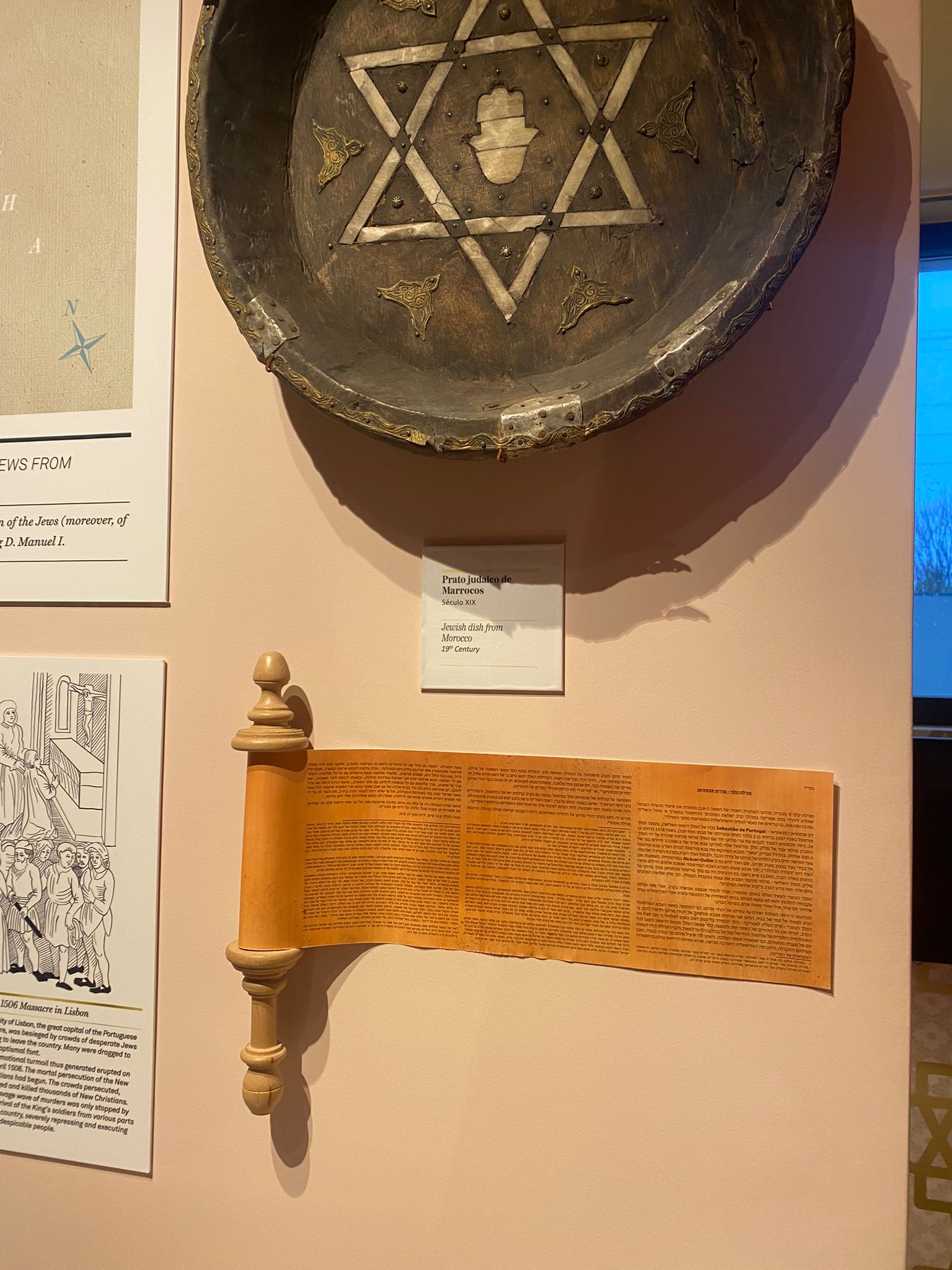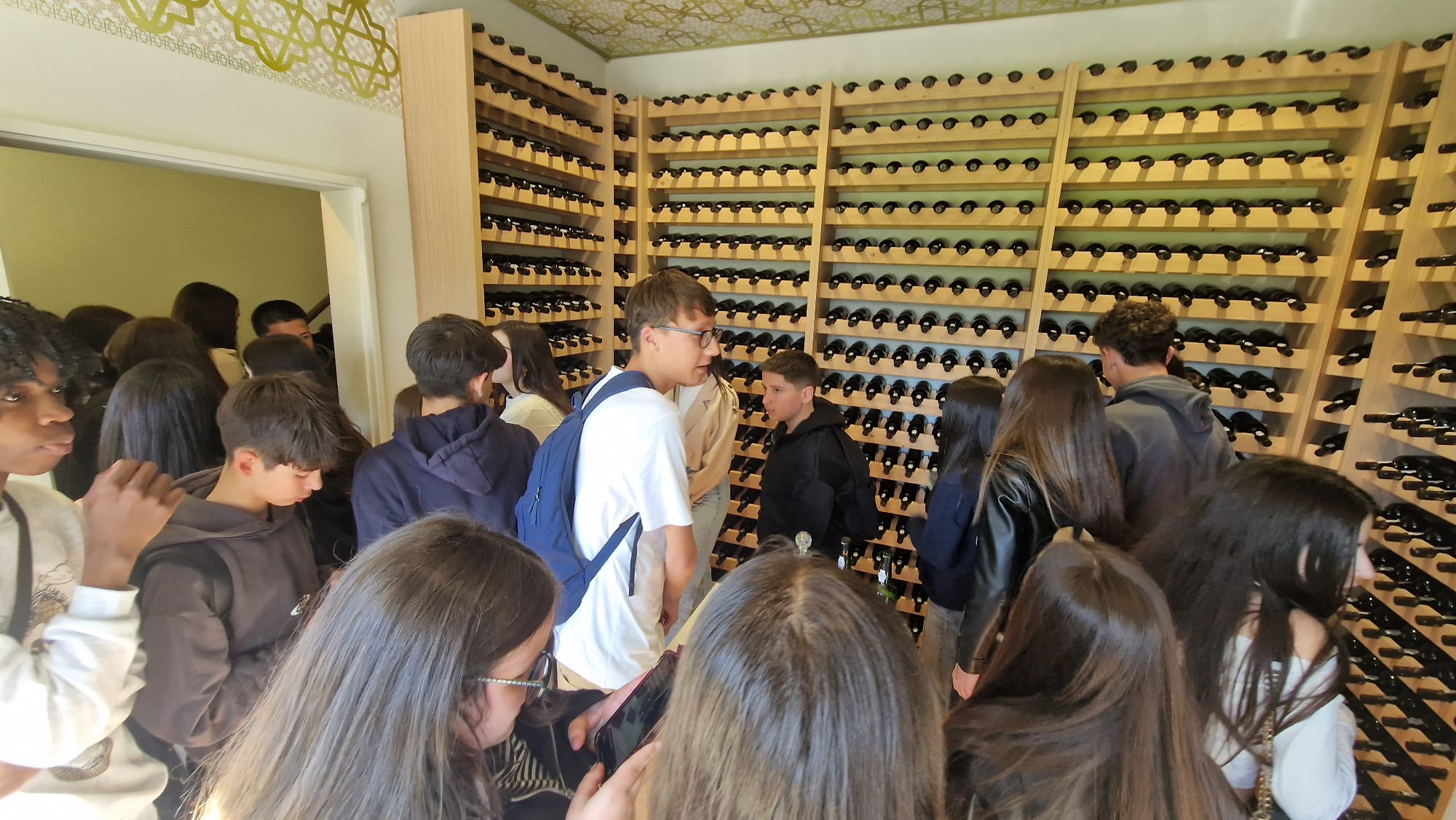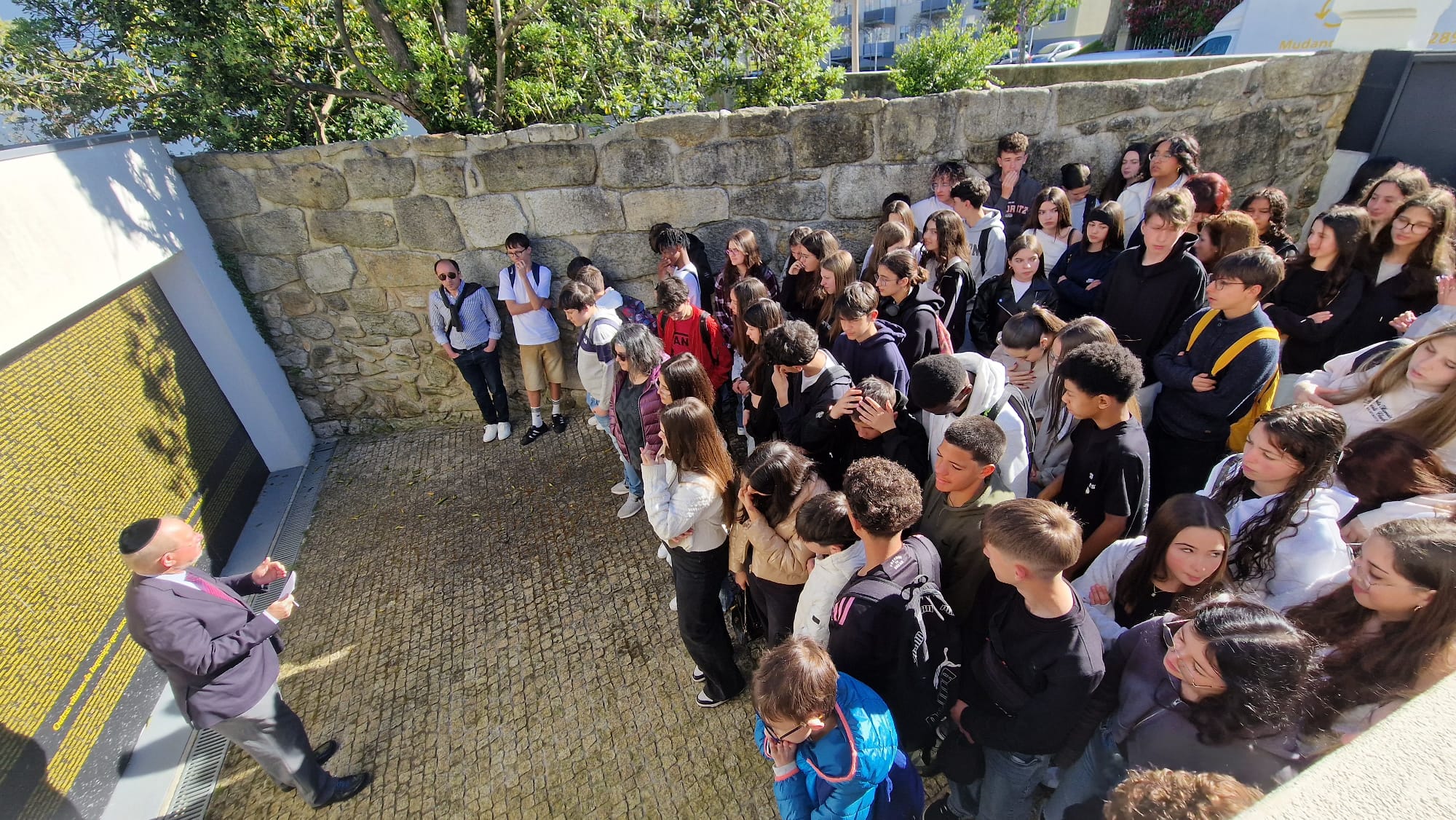The Jewish Museum of Oporto exposes from this month of Kislev the “Purim Sebastiano” megillah. In the 16th century, the Portuguese king, D. Sebastião, tried to conquer African territories, make them Christian and convert the Jews back to Catholicism. Portugal was defeated. The Jews escaped conversion. Then, the Moroccan Shoftim, the oldest judges of the generation, set up a special Purim in honour of such miraculous events, which were recorded on a megillah, a handwritten scroll.
Century after century, the reading of the megillah was done in the synagogues and homes of Moroccan Jews. To this day, in Tangiers, Tétouan and other parts of the world harbouring Jews of Moroccan origin, this date is commemorated. The reading of the megillah is accompanied by great joy, rest from hard work and the offer of alms to the needy.

Simplified translation of the Megillah text:
"The Jews experienced a great miracle. Sebastian, King of Portugal, decided to conquer the lands of the Orient and so he gathered a huge army with horses and horsemen wielding swords, bows, spears and every type of weapon. Ships and barges sailed to Morocco. At the head was a carriage around which people danced to the sound of music and singing.
In the wood and stone house of his G-d, Sebastian promised that if he took the cities of the Orient he would force everyone to be baptised. Those who refused would be killed by the sword. We were told all this by two martyred Jews who travelled with the King’s troops. They said to us: “Ask your God, our friend, to have mercy on you and we will ask the Saint, blessed be his name, on our behalf, and remember us”.
Today is the second day of Rosh Chodesh Elul, when Sebastian waged war with all his armies against the King of the West, who came to fight against him to save his land. In one single hour, the huge army was scared and trembled. And the evil Sebastian fell with all his chiefs and soldiers. His camp experienced the horror of God, for no one escaped, not even those who ran away. They all fell to the barbarians.
On that day, God made music and joy. The Jews, the rabbis and the people of action who experienced those days asked their descendants and all their relatives to remember this day every year, and to give charity to the poor, making it a day of feasting and joy, closing shops and staying home from work.
Obadiah’s vision came true. Thus said the Lord God to Edom: “A messenger from the pagans will come and cause an uprising and a rebellion against them”. Blessed be God, the God of Israel, the only one who works wonders. And blessed be the name of his glory. His glory will fill the earth. Amen, Amen!"
Portugal, the great empire the Jews helped to build over centuries, went into a formal decline in less than a century, with the expulsion of Judaism (1497), the establishment of the Inquisition (1536) and the defeat at Alcácer-Kibir (1578). This bloody battle, fought on 2 Elul of that year, caused thousands of deaths including that of the young Portuguese king, while as many others were taken captive.


































